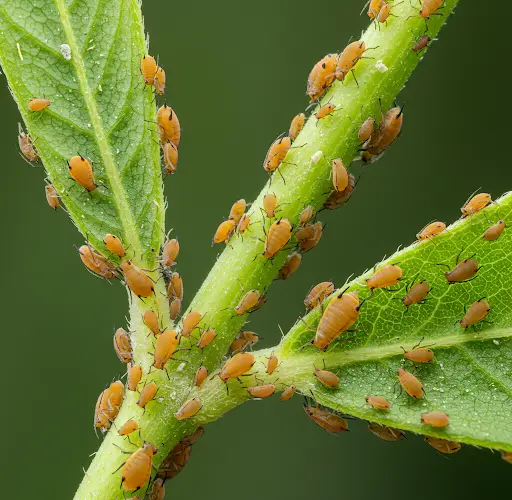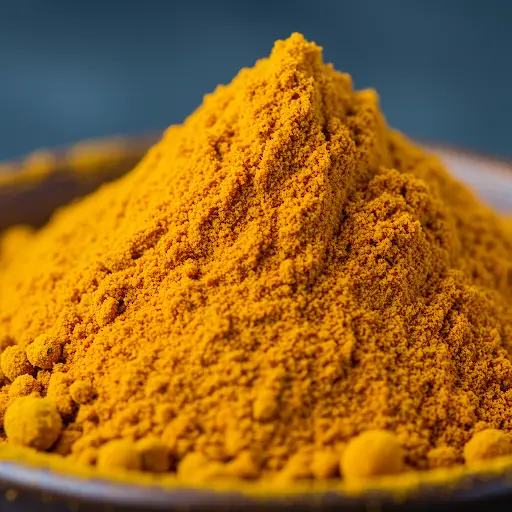How to Get Rid of Aphids Naturally Without Chemicals
Aphids are among the most persistent and damaging pests found in home gardens. These tiny, sap-sucking insects can quickly overrun your plants, weakening them and spreading disease. If you’ve ever noticed curled leaves, yellowing, or a sticky residue (called honeydew) on your plants, chances are aphids are the culprit.
Though chemical insecticides are readily available, many gardeners prefer more natural solutions—especially when growing edible crops or maintaining an organic garden. Fortunately, there’s an effective and simple method that has been used for generations, including by experienced gardeners and even passed down through families. This natural technique offers a safe and easy way to eliminate aphids without introducing harmful chemicals into your garden.
Understanding Aphids and the Damage They Cause
Aphids are small, soft-bodied insects that typically gather in large numbers on the undersides of leaves, stems, and buds. They feed by sucking plant sap, which weakens the plant and can lead to distorted growth, reduced yields, and increased susceptibility to other pests and diseases.
Aphids come in a variety of colors—green, black, white, brown, and even pink—depending on the species. They reproduce rapidly, especially in warm weather, and many can give birth to live offspring without mating. This means that an aphid infestation can quickly get out of control if left unchecked.
In addition to direct damage, aphids also excrete a sugary substance called honeydew, which can attract ants and promote the growth of sooty mold—a black fungus that coats leaves and reduces photosynthesis.
A Trusted Natural Solution: Soap and Water
One of the most effective, non-toxic ways to get rid of aphids is with a simple soap and water solution. This method has stood the test of time and is widely used by gardeners looking for an eco-friendly alternative to synthetic pesticides.
How It Works:
Soap breaks down the protective waxy coating on the aphid’s body, damaging the outer cell membranes. Once the coating is compromised, the insect quickly dehydrates and dies. This method is highly effective when applied correctly and is gentle on most plants.
How to Prepare the Solution
Ingredients:
-
1 part liquid soap (natural or biodegradable dish soap without added bleach or degreaser)
-
2 parts water
Instructions:
-
Mix the liquid soap and water in a spray bottle. Shake gently to combine.
-
Spray the solution directly onto the affected areas of the plant, including the undersides of leaves where aphids often hide.
-
Make sure the aphids are thoroughly coated, but avoid soaking the plant excessively.
-
Let the solution sit on the plant for a few hours. This gives the soap time to do its work.
-
After a few hours, rinse the plant with clean water to remove the dead aphids and any remaining soap residue.
Repeat this process every few days until you no longer see signs of aphids. Regular inspection of your plants will help you catch infestations early and treat them before they become severe.
Tips for Best Results
-
Use early in the morning or late in the evening: Avoid spraying in direct sunlight, as it may cause soap burn on the leaves.
-
Test on a small area first: While most plants tolerate mild soap solutions well, it’s always best to test on a few leaves before treating the whole plant.
-
Be consistent: For larger infestations, repeat treatments may be necessary. Stay consistent until the aphids are completely gone.
-
Clean the area afterward: Remove heavily infested leaves and dispose of them away from your garden to prevent reinfestation.
Preventing Future Infestations
While soap and water can help eliminate current aphid populations, preventing future infestations is equally important. Here are a few natural strategies to help keep aphids away:
-
Encourage beneficial insects: Ladybugs, lacewings, and hoverflies feed on aphids and can help maintain a healthy balance in your garden. Planting flowers like dill, fennel, and yarrow can attract these helpful predators.
-
Use companion planting: Certain plants, like garlic, chives, and nasturtiums, can repel aphids and help protect more vulnerable plants nearby.
-
Maintain healthy plants: Stressed or weak plants are more susceptible to pests. Ensure your garden receives proper nutrition, water, and spacing to support strong, resilient growth.
-
Regular inspections: Check your plants weekly for signs of aphids and other pests. Catching problems early is key to keeping your garden healthy.
Conclusion
Aphids may be tiny, but they can cause serious harm to your garden if left unchecked. Fortunately, you don’t need harsh chemicals to protect your plants. With a simple mixture of soap and water, you can effectively eliminate these pests and restore your plants to good health. This tried-and-true method is safe, affordable, and easy to implement, making it a staple in any gardener’s toolkit.
By combining this technique with proper plant care and preventative practices, you can enjoy a vibrant, thriving garden all season long—free of aphids and full of life.



